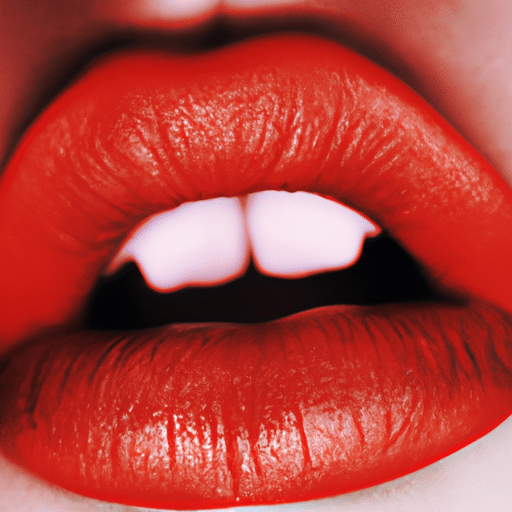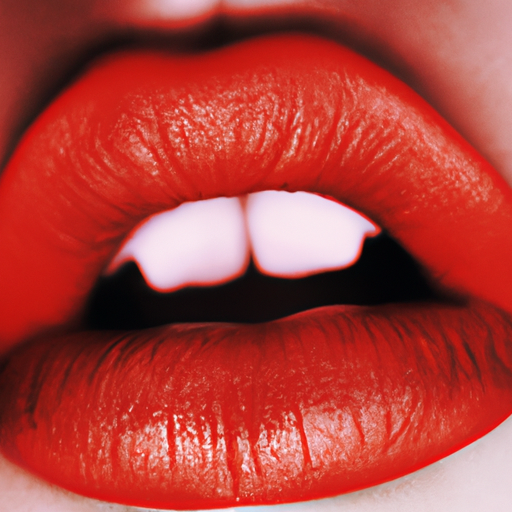Sunburned lips are a common yet often overlooked consequence of prolonged sun exposure. The skin on our lips is thinner and more delicate than the rest of our body, making it particularly susceptible to the harmful effects of ultraviolet (UV) radiation. This article aims to provide a comprehensive guide to treating sunburned lips, helping you soothe the sizzle and restore your lips to their healthy state.
Firstly, it’s essential to understand the symptoms of sunburned lips. They may include redness, swelling, tenderness, and in severe cases, blisters. The lips may feel dry and tight, and there may be peeling or flaking as the skin starts to heal. It’s important not to pick or peel the skin, as this can lead to infection and delay the healing process.
The first step in treating sunburned lips is to cool them down. This can be done by applying a cold compress, such as a damp washcloth or a bag of frozen peas wrapped in a towel. The cold helps to constrict the blood vessels and reduce inflammation, providing immediate relief from pain and swelling.
Hydration is also crucial in treating sunburned lips. Drink plenty of water to keep your body and skin hydrated from within. Apply a lip balm or ointment that contains aloe vera, which is known for its soothing and healing properties. Avoid products with petroleum jelly, as they can trap heat and worsen the burn. Instead, look for products with natural ingredients like beeswax, shea butter, or coconut oil.
Over-the-counter pain relievers like ibuprofen can help manage pain and reduce inflammation. However, they should be used sparingly and only if necessary. If blisters form, it’s important not to pop them. Blisters are your body’s way of protecting the underlying skin and aiding in the healing process. Popping them can lead to infection and scarring.
If your lips are severely burned, or if symptoms persist for more than a week, it’s important to seek medical attention. Your healthcare provider may prescribe a topical steroid to reduce inflammation and speed up healing. In rare cases, sunburned lips can lead to actinic cheilitis, a precancerous condition that requires medical treatment.
Prevention is always better than cure when it comes to sunburned lips. Always apply a lip balm with an SPF of at least 30 before going out in the sun, and reapply every two hours or after eating or drinking. Wear a wide-brimmed hat to provide additional protection for your face and lips. And remember, the sun’s rays are strongest between 10 a.m. and 4 p.m., so try to avoid direct sun exposure during these hours.
In conclusion, treating sunburned lips involves cooling them down, keeping them hydrated, managing pain and inflammation, and seeking medical attention if necessary. But the best treatment is prevention. By protecting your lips from the sun’s harmful rays, you can keep them healthy and prevent the discomfort of sunburn. So next time you’re heading out in the sun, don’t forget to protect your lips – they’ll thank you for it!




